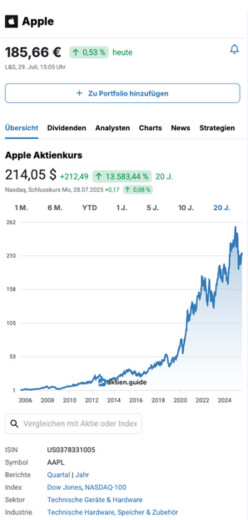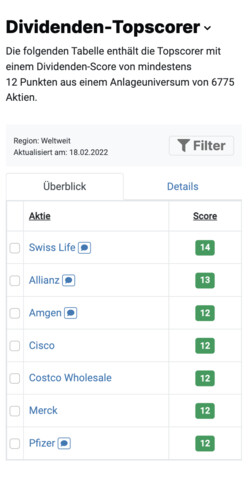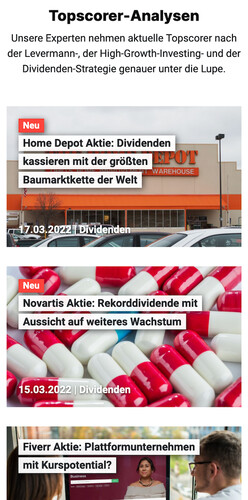Home Depot Aktie News
January delivered a robust 2.47% monthly increase in forward dividend income, reaching $6,442.40 and positioning the portfolio ahead of 2026 growth targets. Initiated a new position in Agree Realty for its strong monthly dividend growth, investment-grade property mix, and prudent payout ratio. Brookfield Infrastructure Partners announced a 5.8% dividend increase, adding $47.85 in forward income...
Investors love dividend stocks, especially blue-chip varieties, because they offer a significant income stream and substantial total-return potential.
Home Depot has laid off 800 workers associated with its corporate headquarters, part of an effort to boost the company's speed and focus more on its frontline workers.
OAKLAND, Calif., Jan. 29, 2026 (GLOBE NEWSWIRE) -- Back to the Roots, the nation's leading organic gardening company, today announced a landmark nationwide expansion with The Home Depot, bringing its 100% organic, heirloom seed line to 2,000 U.S. retail locations.
Dividend stocks provide security for any kind of portfolio, and even growth investors should have some. These excellent, long-term businesses can support a growing dividend.
Home Depot is cutting 800 roles in its technology organization and other corporate teams, CNBC reported Wednesday (Jan. 28), citing a company spokesperson. About 150 of the employees were based at the company's headquarters in Atlanta, and the rest worked remotely, according to the report.
Home Depot said its "goal is to drive greater agility and position the company to move faster and stay even more closely connected with our frontline associates."
Home Depot on Wednesday said it will lay off 800 workers and announced corporate employees will have to return to the office five days per week. In a message to employees, CEO Ted Decker said the changes are intended to increase the company's "speed and agility.
Kostenlos registrieren
aktien.guide ist das Tool zum einfachen Finden, Analysieren und Beobachten von Aktien. Lerne von erfolgreichen Investoren und triff fundierte Anlageentscheidungen. Wir machen Dich zum selbstbestimmten Investor.



